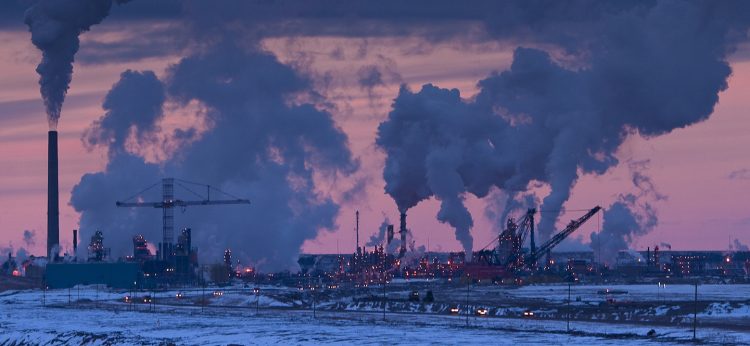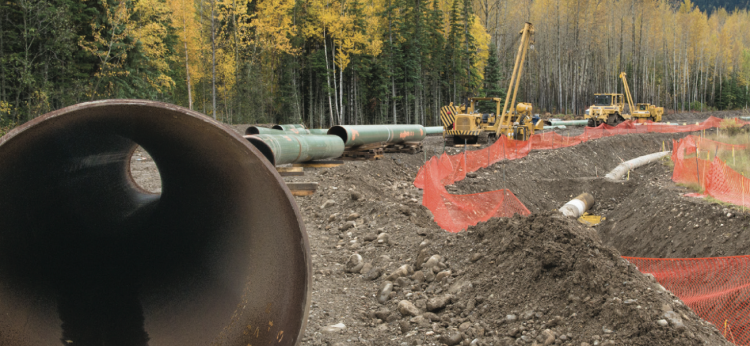Reports & Studies

Betting on Bitumen: Alberta’s Energy Policies from Lougheed to Klein
This report examines the history of Alberta energy policies as they apply to development of the oil sands, focusing on the contrasting oil sands policies of premiers Lougheed and Klein, two of Alberta’s most popular premiers and key to oil sands development in the province. The petroleum industry has long had a strong influence on …

Will the Trans Mountain Pipeline and Tidewater Access Boost Prices and Save Canada’s Oil Industry?
This report examines the argument that building pipelines to ‘tidewater’ will unlock new markets where Canadian oil can command a better price than in the US, where the majority of Canadian oil is currently exported, using Kinder Morgans Trans Mountain Extension Project as an example. The research found that problematic assumptions led to the pipeline’s approval by the …

Mapping Political Influence: Political donations and lobbying by the fossil fuel industry in BC
This study examines the political reach of the fossil fuel industry in British Columbia, as evidenced by donations to political parties and lobbying efforts by oil, gas and coal corporations and industry groups. It finds a remarkable and disturbingly close relationship between industry and the provincial government – one that not only contradicts the province’s stated aim …

Extracted Carbon: Re-examining Canada’s contribution to climate change through fossil fuel exports
This study re-examines Canada’s contribution to global climate change in light of the Paris Agreement by looking at extracted carbon—the total amount of fossil fuels removed from Canadian soil that ends up in the atmosphere—whether used for domestic purposes or exported and combusted elsewhere. According to the study, Canada’s extracted carbon has risen dramatically, almost …

Can Canada Expand Oil and Gas Production, Build Pipelines and Keep Its Climate Change Commitments?
Under the Paris Agreement, Canada has pledged to reduce its greenhouse gas emissions to 30% below 2005 levels by 2030. This study assesses the consequences of several scenarios of expansion in the oil and gas sector in terms of the amount that the non–oil and gas sectors of the economy would need to reduce emissions …





